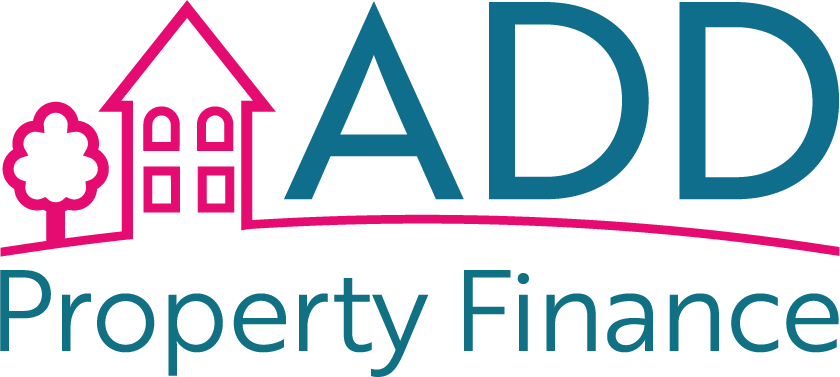Starting a new business venture is an exciting journey, but it can also present unique challenges, especially when it comes to securing a mortgage as a self-employed entrepreneur. Lenders often look for established credit histories and financial stability. In this article, we’ll provide valuable advice for new entrepreneurs on how to build credit and increase their chances of mortgage approval.
1. Establish Personal Credit
Before diving into business credit, focus on building your personal credit. A strong personal credit score can open doors to better mortgage options. Here’s how to do it:
- Check Your Credit Report: Obtain a copy of your credit report from a credit bureau and review it for errors or discrepancies.
- Make Timely Payments: Pay all personal bills, such as credit cards, loans, and utilities, on time. Timely payments have a significant impact on your credit score.
- Use Credit Responsibly: Avoid maxing out credit cards or carrying high balances relative to your credit limit. Aim to keep your credit utilisation below 30%.
2. Establish Business Credit
As a new entrepreneur, it’s essential to establish credit for your business. This can help separate personal and business finances and improve your financial credibility. Steps to take include:
- Incorporate Your Business: Formally register your business as a legal entity, such as a limited company or sole proprietorship.
- Open a Business Bank Account: Keep your business finances separate from your personal finances by opening a dedicated business bank account.
- Apply for a Business Credit Card: Obtain a business credit card and use it responsibly to build business credit.
- Pay Business Bills on Time: Ensure that all business bills, such as rent and utilities, are paid promptly.
3. Build a Solid Business Plan
When applying for a mortgage as a self-employed entrepreneur, having a well-documented business plan can work in your favour. Include the following elements:
- Financial Projections: Highlight your business’s growth potential and expected revenue.
- Stability Measures: Explain how your business plans to weather economic challenges or fluctuations in income.
4. Monitor Your Debt-to-Income Ratio
Lenders consider your debt-to-income (DTI) ratio when evaluating your mortgage application. DTI compares your monthly debt payments to your gross monthly income. To improve your DTI:
- Pay down high-interest debts to lower your monthly obligations.
- Avoid taking on new debts shortly before applying for a mortgage.
5. Save for a Down Payment
While some mortgage products require a lower down payment, having a substantial down payment can improve your mortgage approval chances. Start saving early to demonstrate your commitment to the investment.
6. Work with a Mortgage Adviser
Enlist the help of a mortgage adviser who specialises in self-employed and entrepreneurial applications. They can navigate the complexities of your unique financial situation and connect you with lenders who understand the challenges faced by new entrepreneurs.
7. Plan for the Long Term
Consider how homeownership fits into your long-term business plans. Assess whether your business income is stable enough to manage mortgage repayments and other financial responsibilities.
Conclusion
Securing a mortgage as a new entrepreneur requires careful planning, responsible financial management, and patience. By building both personal and business credit, creating a solid business plan, and working with experts in the field, new entrepreneurs can increase their chances of mortgage approval and embark on their homeownership journey while pursuing their entrepreneurial dreams. Remember that perseverance and strategic financial planning can pave the way to homeownership success as a self-employed entrepreneur.







